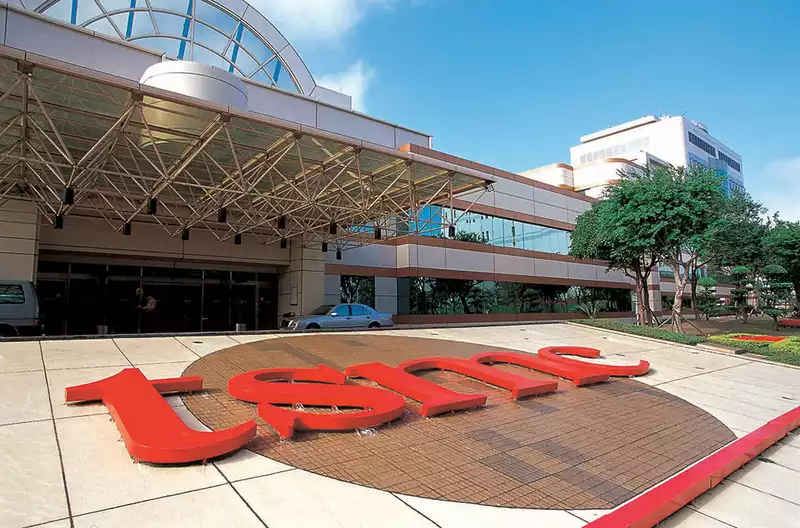Taiwan Semiconductor Manufacturing Company Limited, better known as TSMC, has reached its billionth 7nm chip.
The news comes directly from TSMC's blog, in which the company touts its ability to scale and meet demand as a crucial factor in continuing to deliver technological advances and develop advanced nodes.
"Our 7nm technology has entered volume production faster than any TSMC technology to date. As with any technology, the more you practice, the more perfect you become at chip manufacturing. As with any technology, the more chips you make, the more you learn. You have more opportunities to learn where defects can occur, how new materials and equipment can cause unexpected results, and how to eliminate these problems and optimize the process."
TSMC is the world's largest foundry, but it does so entirely through contract manufacturing, and given that AMD and Apple are two of its largest 7nm process node customers, TSMC has also been very successful in this approach.
Chances are good that if you are reading this, you are also using a PC with a TSMC chip in some form. All of today's best graphics cards, and at least half of the best CPUs for gaming, are manufactured at one of TSMC's fabs.
AMD's 3rd generation Ryzen processors use TSMC's 7nm process, and the Radeon RDNA and upcoming RDNA 2 GPU (enhanced version) also use TSMC's 7nm process. nvidia's Turing architecture graphics cards are manufactured on a 12nm process. However, there is at least one 7nm TSMC product announced today, the A100 GA100 Ampere GPU.
Whether Nvidia will use TSMC's 7nm process node for its upcoming Ampere GeForce graphics cards for gaming has not yet been confirmed. Samsung is also supposed to be responsible for yet unannounced Nvidia products.
Intel is the only major chipmaker in the gaming industry that has not yet used TSMC. The company is keen to stick with its own manufacturing arm, which has operated successfully since the invention of the chip itself. However, recent delays to its own 7nm process mean that the company will be looking to outside foundries for some of its Intel Xe products.
That external fab is said to be TSMC, but Intel has yet to officially confirm this.
In other words, while TSMC is celebrating "a billion functional, defect-free 7nm chips," Intel is facing one defect, causing a six-month delay in its own 7nm process. This hurts.
But it's not all bad for Chipzilla. Since process names rarely define a node, one can never be sure how dense a process is based on its marketing title alone. That's where benchmarking comes in.


Comments